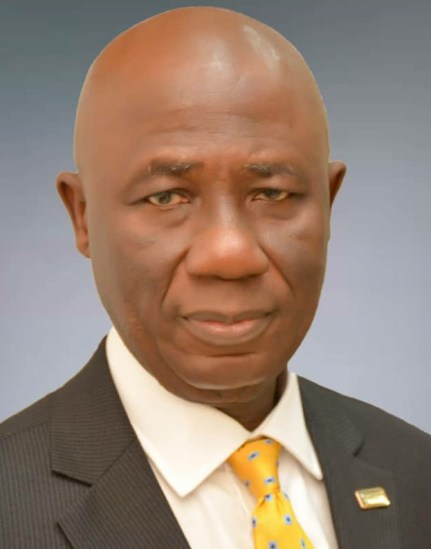By admin
The African Development Bank believes that the continent needs $ 130- $ 170 billion in infrastructure a year to provide people with roads, water, electricity and the Internet. Companies are looking for capital.
According to investment firm Ris Cura, there is no such risk in a local pension fund that collectively manages about $ 350 billion in assets in sub-Saharan Africa. Still, many local funds say they are having a hard time finding a place to invest.
Pension funds have grown tremendously in recent decades for a variety of reasons. In South Africa, the government has put cash into the civil service pension system to ease members’ concerns about losing benefits at the end of apartheid.
The successor, the Civil Service Pension Fund (GEPF) Is the largest in Africa with assets of approximately $ 110 billion. In Nigeria, the compulsory pension scheme was introduced in 2004, and the total assets of the fund have increased nine-fold over the last 15 years to $ 31 billion.
Pension schemes usually cover only a small proportion of Africans who have a formal job. But they can still be big fish in small ponds.For example, in Namibia, the value of retirement fund assets is greater than the country’s annual GDP..
What to do with all that money? Consider the choices presented by Richard Byargaba, Managing Director of the National Security Fund in Uganda. It owns one-third of the freely traded shares on the local stock exchange, which already has only 16 listed companies.
The alternative is an unlucky pension tower-like property, but building things is much more complicated than just “injecting concrete,” he points out. Therefore, 78% of the fund’s investment is in bonds and most of it is government debt (see graph). In Africa, unlike rich regions, it produces high returns.
This reliance on government securities is typical of almost all fund managers except South Africa, which has a unique deep capital market.Public Investment Corporation, which manages the assets of GEPFWill invest 41percent of its investment in listed stocks and 7 percent in unlisted portfolios. Botswana and Namibian pension pots also often invest extraordinary amounts in equities abroad.
The Botswana Civil Service Pension Fund may have bought all of the country’s debt and still have plenty of money to spare. CEO Moemedi Malindah says he wants to invest more locally, but his options are limited. I had a hard time finding private equity managers, so I had to run a program to create them.
The story of diversification into alternative assets is ahead of reality. In Nigeria, for example, pension funds invest only 0.5% of their assets in infrastructure. This is partly because fund managers don’t know how to assess risk, says Wale Okunrinboye of Sigma Pensions, one of the country’s largest funds.
The same is true when fund managers look at private equity. “Some of them want to submerge their toes, but they’re just scared,” said Abi Mustapha-Maduakor, CEO of the African Private Equity Venture Capital Association, an industry group.
There is an effort to change that. In Kenya, more than 20 pension funds have formed a consortium to invest in infrastructure, pooling the ability to detect unexploded ordnance. Governments and foreign donors are thinking of ways to take some of the risk by issuing guarantees.
The long-term investment period of the pension fund is consistent with the need for “patient capital” to build the continent. But the first job of a pension fund manager is to protect the savings of future pensioners.
The types of public-private partnerships they may invest in have had different consequences in Africa. Until they have a proven track record of success, most will simply lend to the government and have politicians build roads instead.




